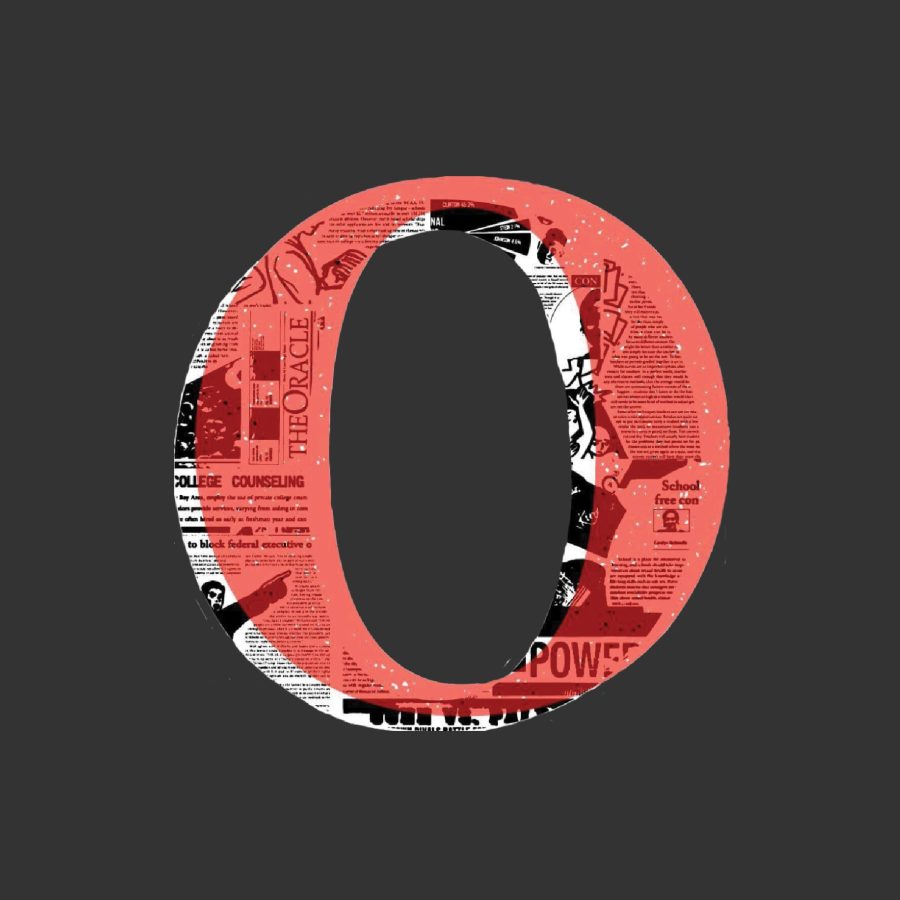‘Hot girl summer’ fosters unhealthy standards, toxic dating culture for students
When I first announced that I was destined to be single this summer, I was met with congratulatory remarks from my friends because that meant that I could participate in “hot girl summer” for the first time in two years. Yet I couldn’t share the same excitement that made my friends’ faces glow, since realistically, I wasn’t going to be spending my summer surrounded by guys in a poolside cabana, bikini-clad and sporting a six-pack. All I knew was that I needed time to learn how to live life as an individual and embrace the joys of my newfound independence.
The phrase first originated from Megan Thee Stallion’s 2019 hit song “Hot Girl Summer.” Although four years have passed since its release, the term still reemerges every summer. Stallion originally intended for the song to preach self-confidence and authenticity, but as the phrase gained popularity, it began to shift into a more toxic ideal promoting hook-up culture and perpetuating unrealistic expectations of what a “hot girl” is.
The most notable connotation of “hot girl summer” is that of female promiscuity, essentially serving as an umbrella term for an abundance of summer flings. The term encourages women to go out with a plethora of guys, showing little to no remorse for anybody’s feelings but their own. This interpretation echoes the original idea of prioritizing oneself, but is a ways off from its initial intent.
Furthermore, as with most popular trends in a society fueled by consumerism, “hot girl summer” has seeped into marketing ploys. Companies integrate the term into their advertisements for bikinis, miniskirts and crop tops, pressuring consumers into buying new swimsuits and going-out tops to prepare for the upcoming summer. Naturally, the fitness industry has also caught hold of this trend and transformed it into the newest iteration of the age-old unrealistic model standards. Content creators recommend special diets and workouts that promise a slim, toned body in time for “hot girl summer.” The term has suffered a significant shift over time — it is no longer associated with being “unapologetically yourself,” as Stallion suggested. Instead, the term only includes those whose appearance match the “hot girl” figure and who could afford to achieve the “hot girl” lifestyle.
For me, the idea of having a “hot girl summer” carried a lot of pressure. I felt that I didn’t fit the cookie-cutter image of a “hot girl” I saw being promoted on social media, and the popular “hot girl summer” checklists involved activities that I had no interest in partaking in. The pressure made the upcoming summer seem less fun and more like a competition that I needed to prepare for.
Although I have yet to experience a full-fledged “hot girl summer,” I’ve engaged in somewhat of a pre-season, during which I’ve learned invaluable lessons. I noticed how while my heightened sense of freedom did allow me to meet new people and engage in different experiences, a sense of inner loneliness remained. I felt unfulfilled, even with a phone filled with dozens of unread texts from admirers that I was only mildly interested in. Especially after being in a committed relationship, the absence of romantic intimacy and trust weighed on me. I started noticing the uneasiness I’d feel every time I was asked out and the overwhelming sense of stress brewing in my stomach before every date.
I have ultimately realized that no amount of male attention can supersede the lack of love in my life. Yet, instead of seeking validation, I now know that I need to find that love within myself in order to fully heal. With this revelation, the phrase “hot girl summer” has reverted back to its roots as an ideal promoting self-love.
So, what once began as a mentality embracing the joys of independence became distorted into one promoting the hypersexualization of women and toxic hook-up culture. It was then used as bait for cheap marketing ploys. That, however, doesn’t discount its potential to spread an empowering message. In order to see widespread change, companies and content creators need to begin promoting all body types when discussing “hot girl summer” and shifting their language to be more inclusive to those with different gender identities. This summer, I hope to reclaim the term and tweak it in a way that reflects my own definition of a “hot girl.” I am my hottest self when I am my happiest self, and I will achieve this goal by engaging in activities that bring me closer to it, rather than ones that I feel like I need to do according to social media.
Your donation will support the student journalists of Henry M. Gunn High School. Your contribution will allow us to purchase equipment and cover our annual website hosting costs.

Senior Diya Bose-Malakar is a features editor for The Oracle and has been on staff since August 2022. She enjoys listening to music, laughing at her own...


